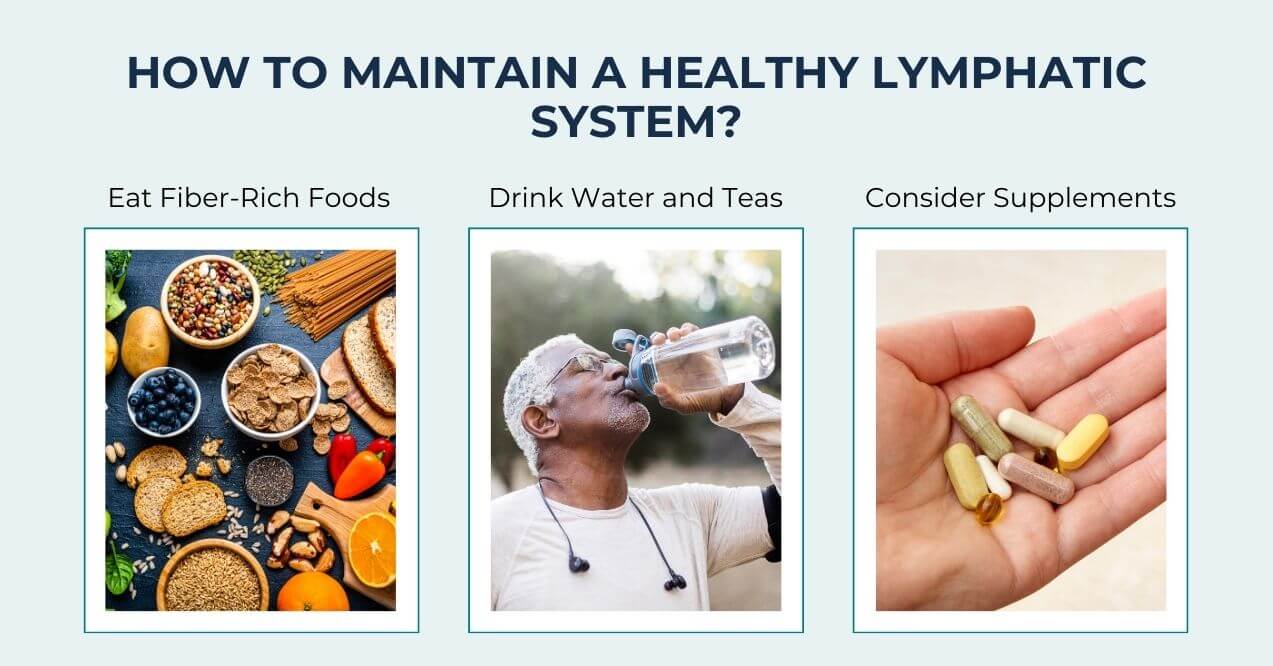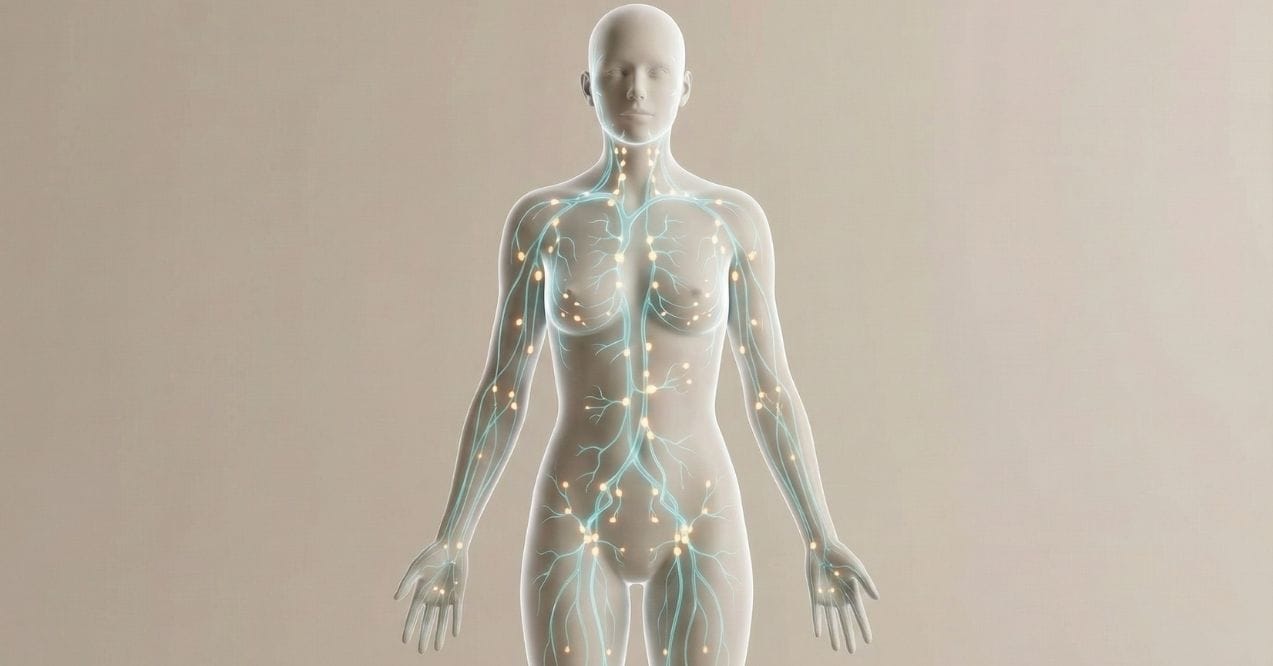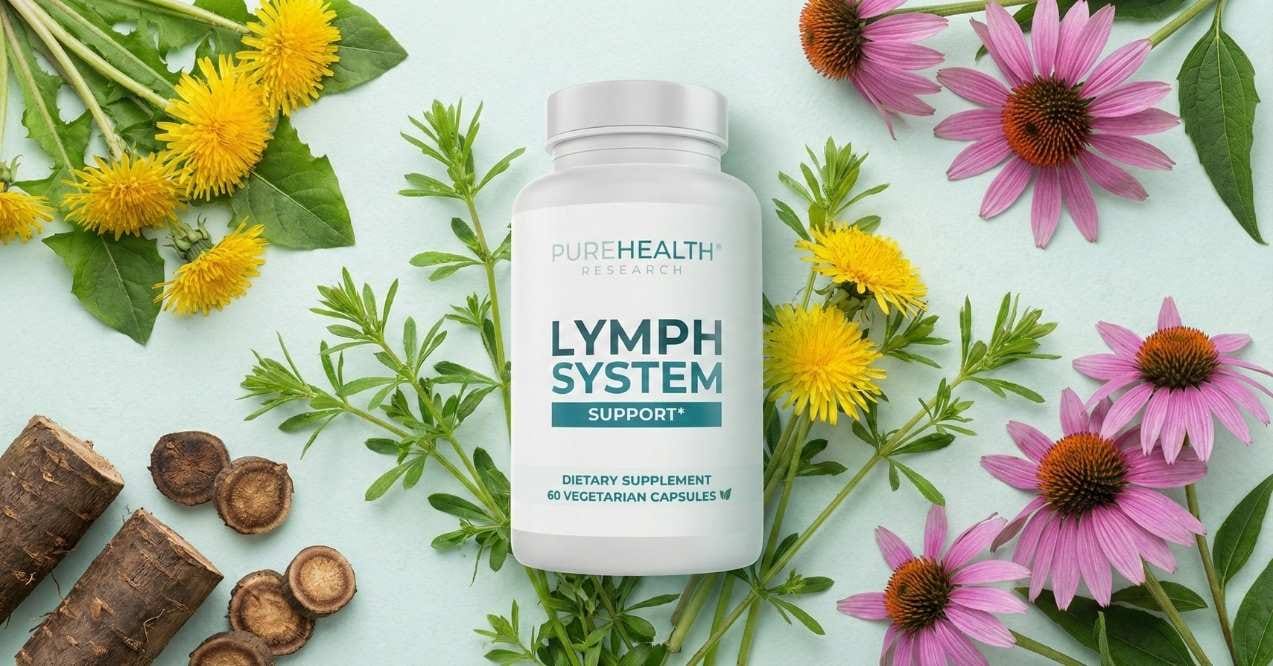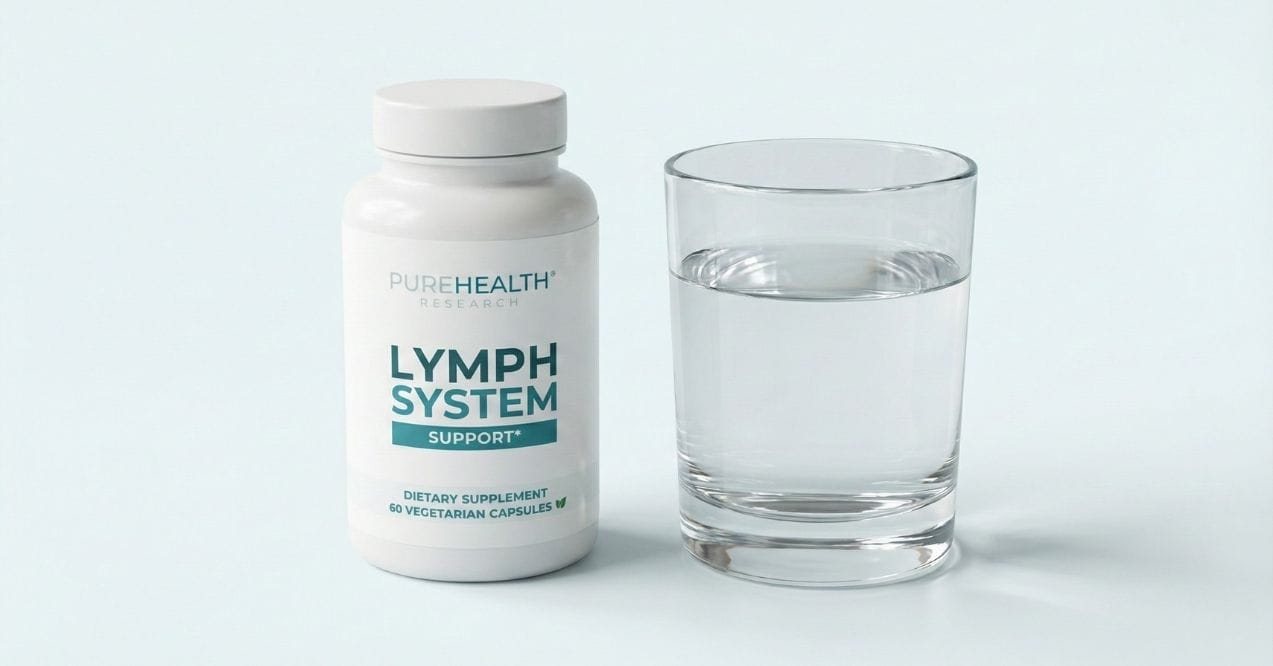Are Eggs Bad For Lymphatic System?
Discover the truth about eggs and lymphatic health. Are eggs bad for lymphatic system function? Get expert insights and practical tips for optimal wellness.


The buzz around lymphatic health has grown considerably in recent years, with more people recognizing how our daily food choices impact this crucial system. Your lymphatic system works tirelessly behind the scenes, maintaining fluid balance and supporting cellular detoxification throughout your body. Among the many dietary questions that arise, one stands out: are eggs bad for lymphatic system function?
Some health enthusiasts claim eggs may slow lymphatic flow, while others praise their nutritional value. This blog explores the relationship between eggs and lymphatic health, offering practical insights to help you maintain optimal lymphatic function through thoughtful eating and lifestyle habits.
How Diet Affects the Lymphatic System?

What you eat directly impacts how well your lymphatic system performs. Some foods naturally support lymphatic movement by promoting fluid balance and reducing inflammation:
- Fresh fruits and berries
- Leafy green vegetables
- Herbs like cilantro and parsley
- Seeds and nuts
Other foods may slow lymphatic flow when consumed in excess:
- Items high in processed fats
- Foods with artificial additives
- Products with excessive salt
- Highly processed snacks
Proteins and fats play a complex role in lymphatic function. Your lymphatic system is responsible for transporting dietary fats through specialized vessels called lacteals. The quality and quantity of these nutrients matter significantly.
The protein in your diet supports:
- Production of lymph fluid itself
- Maintenance of vessel wall strength
- Proper immune cell function
Meanwhile, healthy fats in moderate amounts can support proper lymph movement.
Nutritional Profile of Eggs
Eggs contain an impressive range of nutrients packed into a small, affordable package. They offer complete protein along with healthy fats and essential vitamins and minerals.
The protein in eggs provides all nine essential amino acids your body needs but cannot produce on its own. These healthy fats and proteins support cellular health.
| Nutrient | Amount per Large Egg | Potential Benefits |
| Protein | 6g | Supports tissue repair |
| Healthy Fats | 5g | Maintains cell membranes |
| Vitamin A | 270 IU | Supports immune function |
| Vitamin D | 41 IU | Helps with calcium absorption |
| Vitamin E | 0.5 mg | Acts as an antioxidant |
| Vitamin B12 | 0.6 mcg | Supports energy production |
| Choline | 147 mg | Supports brain health |
These nutrients work together to support cellular function throughout your body. Healthy cells mean better tissue function, including those tissues that make up your lymphatic system.
Are Eggs Really Bad For Lymphatic System?

The question are eggs bad for lymphatic system health doesn’t have a simple yes or no answer. Let’s explore the relationship between eggs and lymphatic function through several important factors.
Role of Fats
Your lymphatic system plays a crucial role in fat absorption through specialized vessels called lacteals found in your small intestine. These tiny structures collect dietary fats and fat-soluble vitamins.
The fats in eggs are primarily a mix of:
- Monounsaturated fats (healthy)
- Polyunsaturated fats (healthy)
- Saturated fats (moderate amounts)
Healthy fats from eggs typically support rather than hinder lymphatic function when consumed in reasonable amounts. These fats provide essential fatty acids that maintain cell membrane integrity and may align well with a balanced lymphedema diet aimed at supporting lymphatic health.
Concerns about saturated fats largely depend on your overall diet pattern. When eggs are part of a balanced diet rich in fruits and vegetables, the moderate amount of saturated fat they contain is unlikely to negatively impact lymphatic flow.
Egg Digestion
How your body processes eggs can affect your lymphatic system. Eggs are generally easier to digest than many other protein sources, placing less stress on your digestive system.
For most people, egg protein is highly bioavailable, meaning your body can efficiently use it without creating excess waste products that might burden your lymphatic system.
However, individual responses vary. Some people with sensitive digestion may experience:
- Slower digestion of egg proteins
- Temporary fluid retention
- Mild inflammatory responses
If you notice discomfort after eating eggs, paying attention to preparation methods or limiting quantity may help reduce potential impacts on lymphatic flow.
Processed vs. Organic Eggs
The quality of eggs makes a significant difference in their potential impact on lymphatic health. Pasture-raised or organic eggs typically contain:
- Higher omega-3 fatty acids
- More vitamin E and D
- Fewer artificial additives
Conventional or highly processed egg products may contain residues that could potentially affect lymphatic function over time. These might rank among the worst foods for lymphatic system health when consumed regularly in large amounts.
The feed given to hens directly influences egg composition. Hens raised on natural diets produce eggs with nutrient profiles that better support overall health, including lymphatic function.
How to Maintain a Healthy Lymphatic System?

Supporting your lymphatic system doesn’t require complicated protocols or extreme measures. Many wonder how to clean your lymphatic system naturally, and the good news is that simple dietary and lifestyle choices can make a significant difference.
1. Eat Fiber-Rich Foods
Fiber plays a crucial role in supporting healthy lymphatic function by promoting proper digestion and reducing the burden on your system.
High-fiber foods that support lymphatic health include:
- Dark leafy greens like kale and spinach
- Berries and citrus fruits
- Chia and flax seeds
- Beans and lentils
- Whole grains like oats and quinoa
These foods help regulate fat absorption in the digestive tract. When fat absorption is balanced, your lymphatic system can process dietary fats more efficiently without becoming overwhelmed.
Fiber also supports healthy elimination, which reduces the backup of waste materials that could potentially impact lymphatic circulation throughout your body.
2. Drink Water and Teas
Proper hydration is perhaps the simplest yet most effective way to support lymphatic flow. Your lymphatic fluid is largely made of water, making adequate hydration essential—not just for overall health, but also to help address concerns like can dehydration cause swollen lymph nodes, a common question when lymphatic function is compromised.
Aim to drink:
- 6-8 glasses of filtered water daily
- Warm lemon water in the morning
- Herbal teas like red clover, calendula, or dandelion
- Green tea for its gentle, supportive properties
When you’re well-hydrated, lymphatic fluid moves more freely through vessels, supporting efficient waste removal from tissues.
Warm beverages can be particularly helpful as they promote circulation throughout the body, including the lymphatic vessels.
3. Consider Supplements
Natural supplements can complement a healthy diet to support optimal lymphatic function. These should enhance rather than replace wholesome food choices.
Beneficial supplements may include:
- Herbs like burdock root and red clover
- Enzymes that support protein digestion
- Plant compounds like quercetin and rutin
- Algae such as chlorella or spirulina
For those seeking a comprehensive approach to lymphatic health, supplements for lymphatic system health can be a thoughtful addition to your routine. These supplements include ingredients like burdock root to support natural fluid balance, rutin to maintain vessel integrity, and bromelain to promote comfort and normal inflammatory response.

It’s also helpful to understand that lymphatic discomfort can sometimes raise questions like “Can stress cause lymph nodes to swell?” While the lymphatic system can react to various factors, managing stress is essential to supporting overall lymphatic health and reducing unnecessary strain on the body.
Conclusion
So, are eggs bad for lymphatic system health? The evidence suggests that quality eggs in moderation can be part of a lymphatic-friendly diet for most people. Their nutritional benefits often outweigh potential concerns, especially when consumed alongside plenty of fiber-rich foods and adequate hydration. Rather than eliminating eggs entirely, focus on creating balance through diverse food choices, proper hydration, and supportive lifestyle habits. Listen to your body’s unique responses and adjust accordingly for optimal lymphatic function and overall wellbeing.
Highly processed foods, excessive dairy, refined sugars, and foods with artificial additives may slow lymphatic flow. Trans fats, excessive salt, and alcohol can also contribute to congestion by promoting inflammation and fluid retention in some individuals.
Most people with lymphedema can include eggs in their diet. Focus on quality eggs in moderation as part of a balanced eating plan. Monitor your individual response, as some may experience mild fluid retention depending on personal sensitivities.
Those with lymphatic body types may benefit from limiting processed foods, excessive salt, refined sugars, fried foods, and alcohol. Dairy and gluten could affect some individuals. Focus on fresh produce, lean proteins, and anti-inflammatory foods instead.
Sign up for our Healthy Living newsletter!
Advertisement. This site offers health, wellness, fitness and nutritional information and is designed for educational purposes only. You should not rely on this information as a substitute for, nor does it replace, professional medical advice, diagnosis, or treatment. If you have any concerns or questions about your health, you should always consult with a physician or other health-care professional. Do not disregard, avoid or delay obtaining medical or health related advice from your health-care professional because of something you may have read on this site. The use of any information provided on this site is solely at your own risk.










